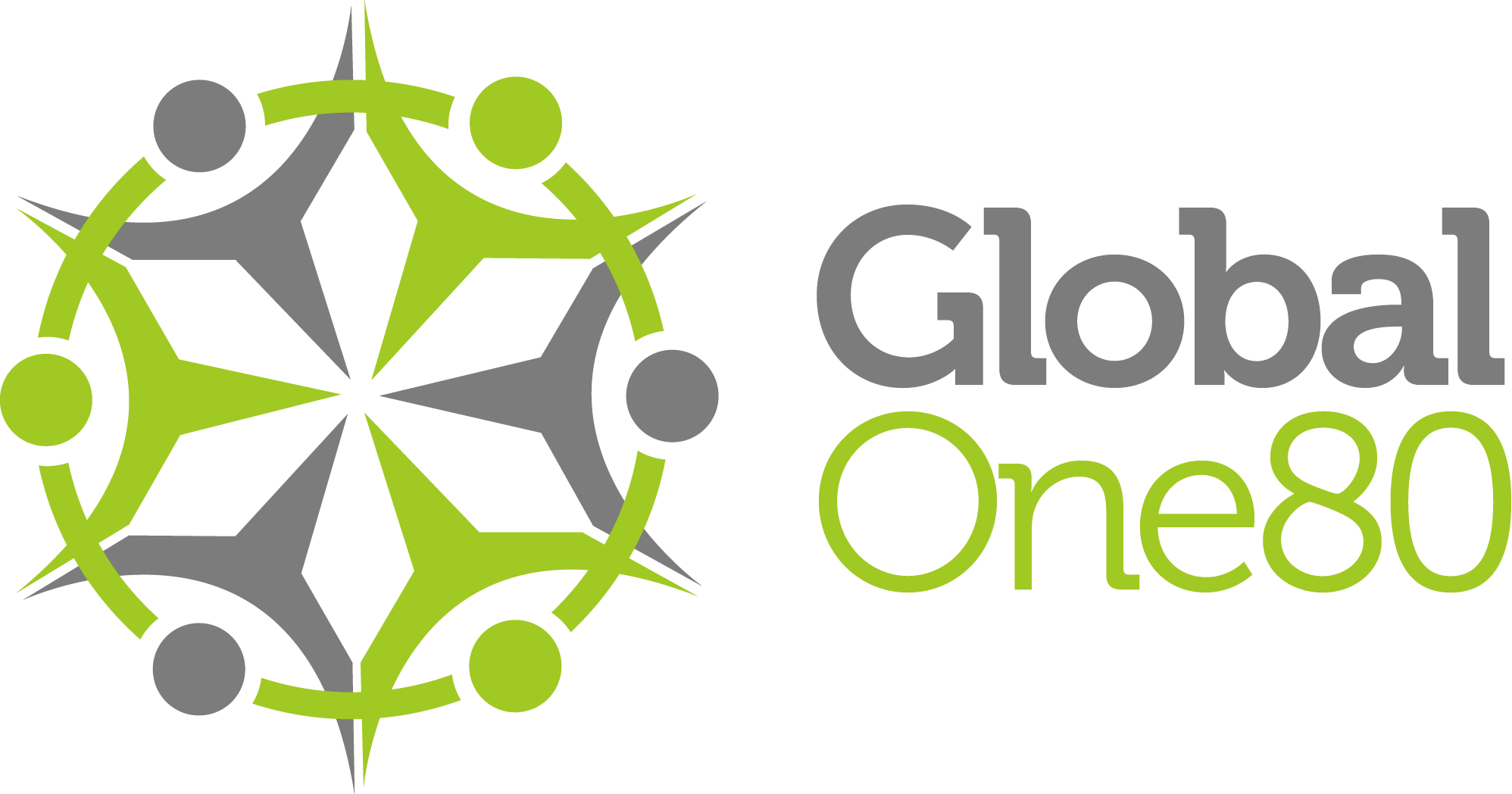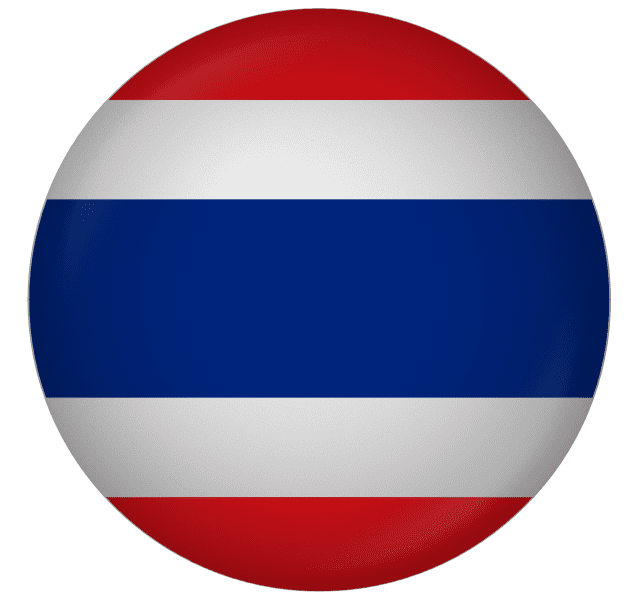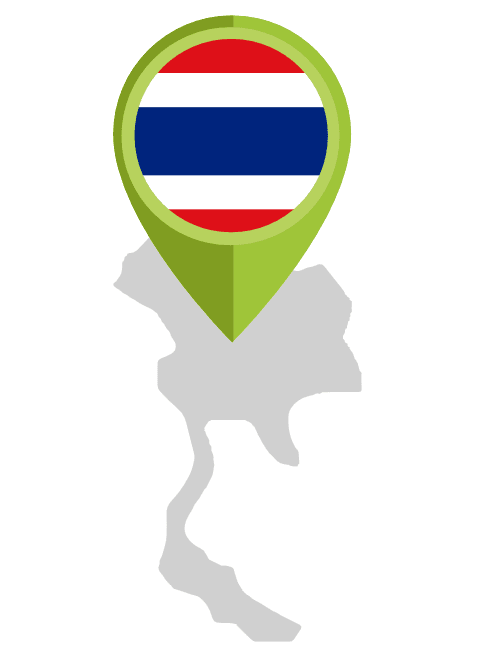Thailand’s economy grew from 1985 to 1996. It’s a newly industrialized exporter. Tourism boosts the economy. Inequality is widespread. This property draws expatriates from underdeveloped nations, which may explain why Thailand has 2.2 million immigrants.
Thai law doesn’t recognize a state religion. The government guarantees religious freedom, and the government generally protects it. The country doesn’t register new religious groupings that haven’t been admitted into a religious governing body for doctrinal or other reasons. Registration is long and complicated.
Besides, unregistered religious groups are not hindered in their purpose because the government does not recognize new religious organizations and does not interfere with their operations.
However, the government limits the number of registered foreign missionaries in the country. Unregistered missionaries live and work freely in the country. So far, no widespread claims of religious maltreatment or discrimination have been received.



